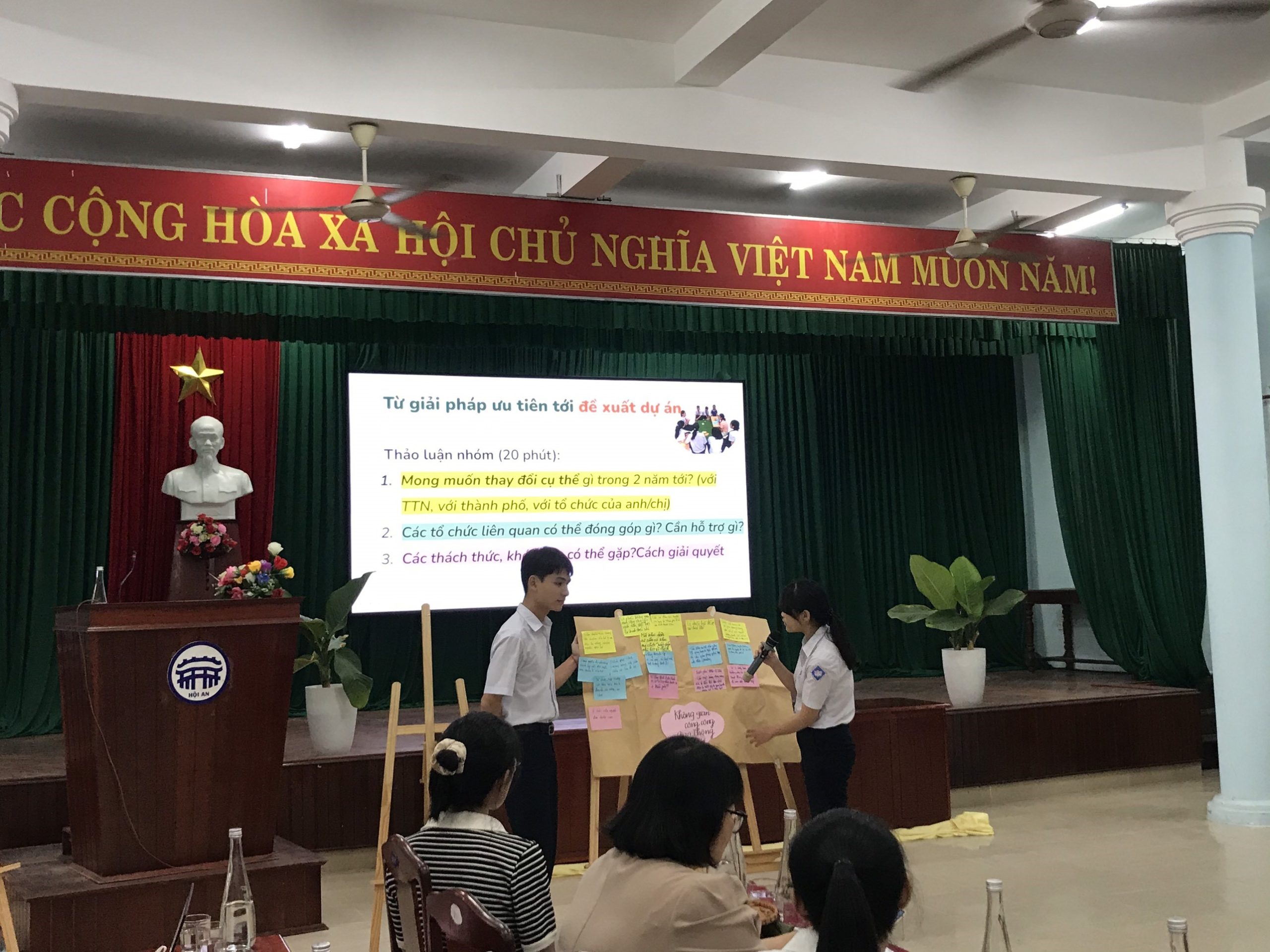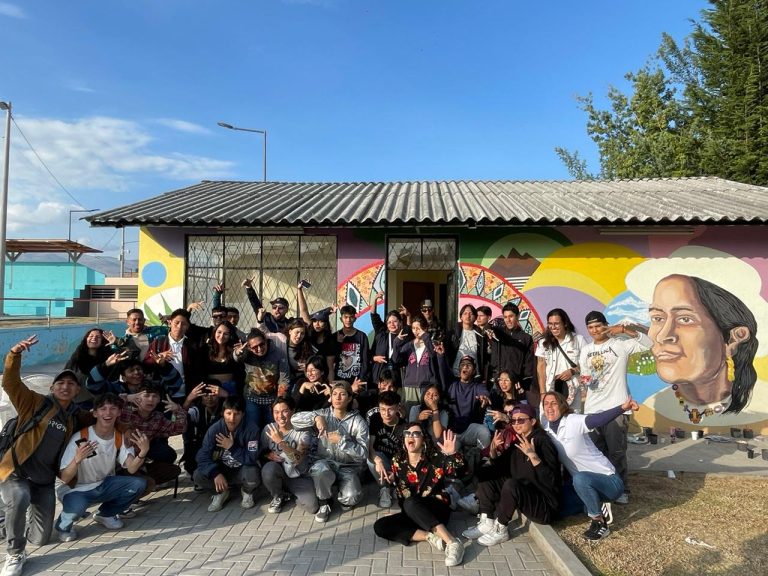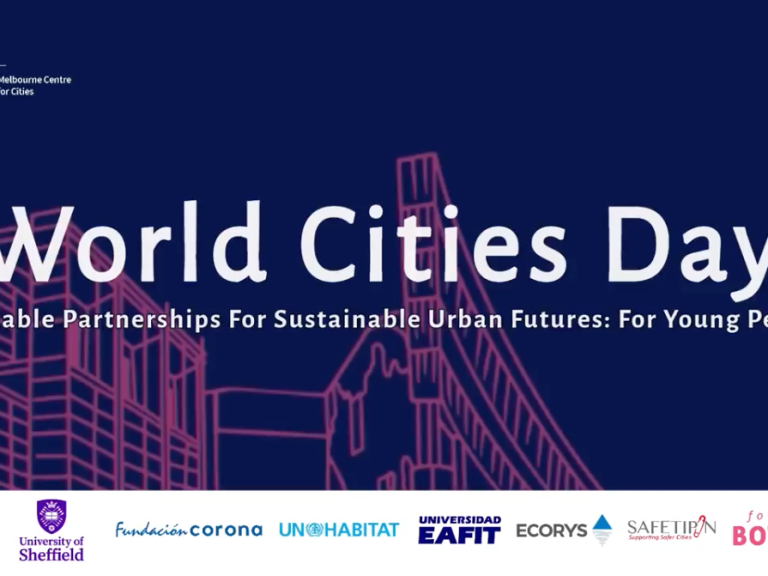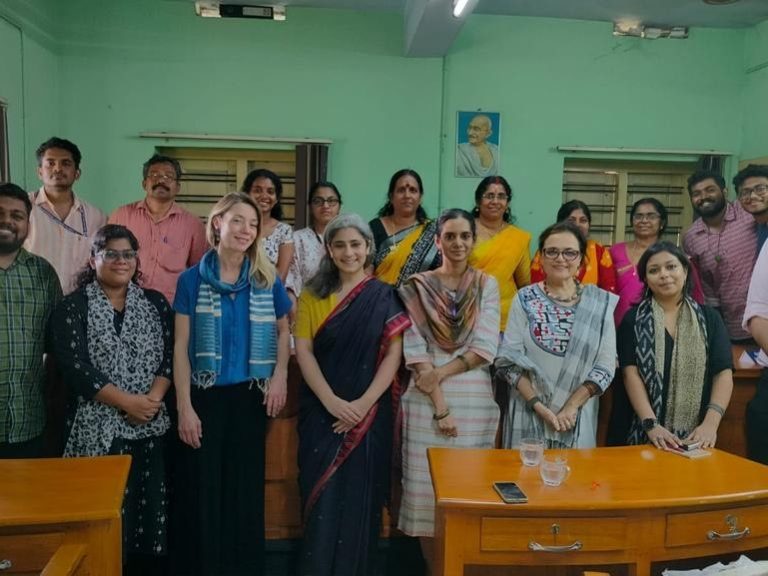Healthy Cities for Adolescents Phase II (HCA-II) has been identifying new partners to expand its presence in India, Vietnam and Senegal. The selected organisations will receive grants to apply a participatory project design approach in new cities in these target countries. This marks an exciting new chapter in HCA-II’s journey to create cities fit for young people.
New horizons, new partners
India
With ongoing project work in Rajasthan and Odisha, HCA-II is expanding to the state of Kerala, with the city of Thrissur identified as its newest location for intervention.
Jaya Srinivasan, HCA In-Country Advisor for India, explains:
‘Thrissur was selected based on the assessment of our new partner Purpose that took into account environmental factors, overall adolescent needs, strong involvement of local governance institutions, and its status as Kerala’s cultural capital. This offers a unique mix of opportunities to work with adolescents towards creating conditions in the city that strengthen their health and wellbeing.’
The partner chosen to coordinate the project design work is Purpose India – a social impact agency. Purpose will collaborate with adolescents, local government bodies, and other local stakeholders to identify the needs on the ground and co-design suitable solutions that will form the basis for a future HCA-II project in the city.
‘Purpose employs innovative methodologies for data collection and a participatory approach that aims to build an inclusive and diverse network of adolescents who will contribute to a future project,’ says Srinivasan.
Vietnam
With an existing project in the city of Da Nang, HCA-II is now expanding to the cities of Hoi An and Tam Ky in the province of Quảng Nam. Hoi An and Tam Ky are Quang Nam Province’s economic growth engine and socio-cultural centre, historically regarded as a ‘land of culture’. Although local government agencies put much effort into sustainable development agendas, both cities face considerable challenges. Despite recognising the importance of empowering adolescents, there is a lack of programmes and projects focusing on engaging adolescents in voicing their opinions and taking initiatives in sustainable urban development, building green, healthy cities.
The Vietnamese NGO Live and Learn has been selected to coordinate the project design work. Known for its innovative and dynamic approaches, the organisation plays key roles in NGO working groups focused on children and youth empowerment, as well as environmental sustainability.
Hanh Le Bich, HCA In-Country Advisor for Vietnam, shares:
‘Live and Learn first piloted the green school model in Hoi An in 2014. Responding to the local government’s call for technical assistance to strengthen the planning and management of local government with integrated strategies on urban development, environmental sustainability, climate change response, and social equity, Live and Learn has worked in these cities since 2023. Live and Learn has been actively involved, leveraging its tried-and-tested experience and well-established networks, particularly with local government entities, which is very important in our context.’

Participatory project design
In the past year, HCA-II has taken new directions in its grant-making, funding an initial needs assessment and co-design (NACD) phase as a first step towards a larger project grant. This phase aims to put adolescent priorities and solutions at the heart of project design to ensure that the future project meets their needs and reflects their vision and ambitions.
The new partners in India and Vietnam will be facilitating this process in the respective cities. Through participatory research and a series of co-design workshops, adolescents in each city will be supported to articulate their experiences and aspirations, paving the way for targeted needs-based interventions, co-created between adolescents and diverse city stakeholders.
Dhruv Arora, Associate Director at Purpose (India) who will coordinate the NACD work, shares his organisation’s excitement at the opportunity presented by the NACD grant:
‘While the idea behind what a healthy city looks like not just for adolescents but also from the perspective of the adolescents is novel and exciting at the outset, we are very keen on the actual participatory research and co-creation process. We are excited to see what future project this process will shape, and how all this can ultimately impact the health and wellbeing of adolescents in Thrissur.’
In Vietnam, Live and Learn will be adding an environmental focus to the NACD work, leveraging their existing partnership with the Quảng Nam provincial government.
‘Live and Learn is recognised for its work with young people around environmental issues,’ explains the organisation’s Director, Nguyệt Đỗ Vân. ‘We have an established relationship with local government departments in the two target cities on this basis. We are therefore excited to approach the NACD in terms of ‘green cities, healthy cities’. We see the environmental angle as an entry point for understanding adolescents’ needs and assets towards healthy cities, and their views about how to improve their cities and develop healthier and more sustainable urban environments.’
In both cases, adolescents are positioned as co-leaders in both the needs assessment and the project design work.
‘Our vision for the NACD phase is that adolescents are not merely participants in the project design process, but actively driving that process,’ shares Sarah McMillan, HCA-II Team Leader. ‘They will be leading the research with their peers to understand what the needs and potential solutions are, and collaborating with local actors to define how best to address those needs and put realistic solutions into practice. We believe this is a way we can really empower adolescents and start to shape city systems that work for them.’
Looking ahead: building on the co-design in Ecuador, and further expansion on the horizon in Senegal
The NACD grants approved in India and Vietnam build on the successful pilot of this new participatory project design approach in Ecuador in 2023. That process resulted in a new two-year project grant focused on strengthening educational opportunities, youth participation in city decision-making, and mental health in the cities of Riobamba and Quevedo.
Meanwhile, conversations are underway with potential partners for a new NACD phase in Senegal, which is hoped to kick off later this year. This will bring the total number of active projects under HCA-II to ten, offering new opportunities for scale and shared learning around enhancing adolescent health and wellbeing in cities.
Follow the HCA programme on Facebook and X to stay on top of the latest developments!


